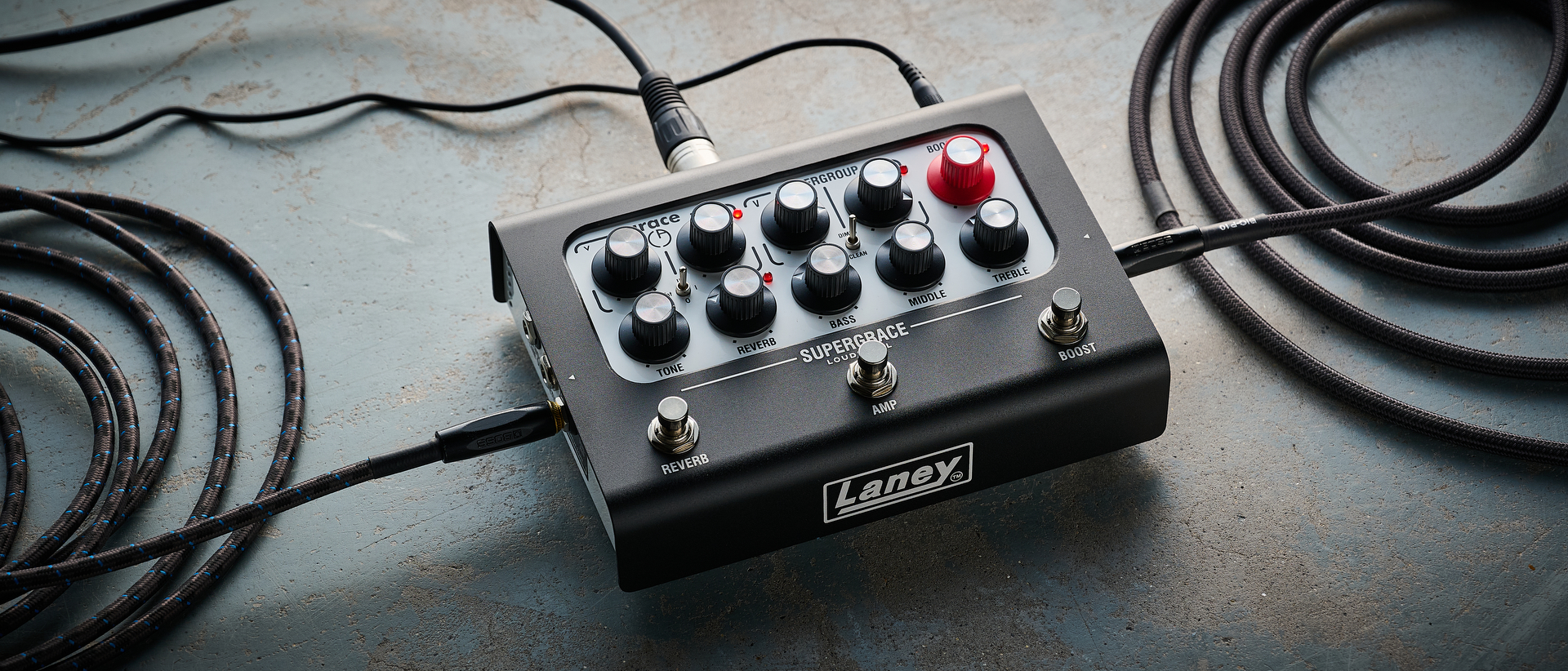The In-Laws: Dispelling the Myth of the 'Mail Yourself a CD' Copyright
All the latest guitar news, interviews, lessons, reviews, deals and more, direct to your inbox!
You are now subscribed
Your newsletter sign-up was successful

There are very few businesses in the world as dense and impenetrable as the music business.
It is surrounded by so much mythology that Greek and Roman tales of godlike daring can barely compare.
For decades, musicians have solemnly passed down incorrect information as if each piece of wayward advice were some type of nugget worth its weight in nickel and silver frets. Additional misinformation was then added by your bandmate, Bob, to create a further mutation of what was already incorrect to begin with.
Just to make sure we are clear here, no matter what Bob says, there are TWO copyrights; one in the sound recording and one in the composition (More on this later). We can start with grandest of the many myths.
The Myth: By sending a disc to yourself in the mail, you have completed the valuable task of showing the world when you created your work of genius, and you have saved yourself money by not paying Library of Congress registration fees.
In addition: If someone "steals" your music (A lot more on that later), all you have to do is show up in court with the unopened package to a hushed and expectant judge and jury; you merely tear back the staples to reveal your disc -- and hazah! -- you will magically reap millions. Reporters will stream from the courtroom instantaneously (In this scene, the reporters are always wearing hats) as the judge bangs his gavel in a futile gesture to restore order -- as banner headlines appear on everyone's mobile device telling the world of your victory and fame.
If only this were true.
All the latest guitar news, interviews, lessons, reviews, deals and more, direct to your inbox!
Once a composition is placed into "fixed" form -- i.e. recorded -- copyright protection now runs with this composition under our copyright laws. All that is left to do is register the copyright with the Library of Congress.
Registering gives you all of the rights allowed to a copyright owner in case there is a one-in-a-million infringement suit; but in no way does it establish that this is your music, that you are the sole composer or that this composition is even protectable.
Registering copyrights is an easy task: Visit LOC.gov or copyright.gov.
Prior to forming Bienstock & Michael, P.C. 25 years ago, Ronald S. Bienstock was editor-in-chief and publisher of International Musician & Recording World and served as General Counsel to Hoshino, U.S.A. (manufacturer of Ibanez Guitars, electronics and Tama drums). In 1991, Ron was voted one of the top 100 "Most Influential People In The Music Business" by BAM Magazine. Bienstock & Michael’s practice serves a broad spectrum of clients throughout the entertainment and musical instrument industries, specializing in the fields of intellectual property, business matters and litigation. Ron teaches Entertainment Law as an adjunct professor at New York University and is a frequent guest lecturer for graduate and undergraduate schools at NYU. Ron has been a music business commentator for NPR, WBAI, Barely Legal Radio, Tech TV and CNN. He has been a guest lecturer, instructor and panel moderator for BMI, ASCAP, CMJ, NEMO, SXSW, NAMM, PMA, RPMDA, the Florida Music Conference, Miami Music Conference, Atlantic Records’ A&R University, the New York State Bar Association (NYSBA), the New Jersey State Bar Association, The Benjamin Cardozo School of Law, St. John’s School of Law, Rutgers School of Law, Seton Hall Law School, Ithaca College and other organizations and universities.
Photo: Nique Prokop
